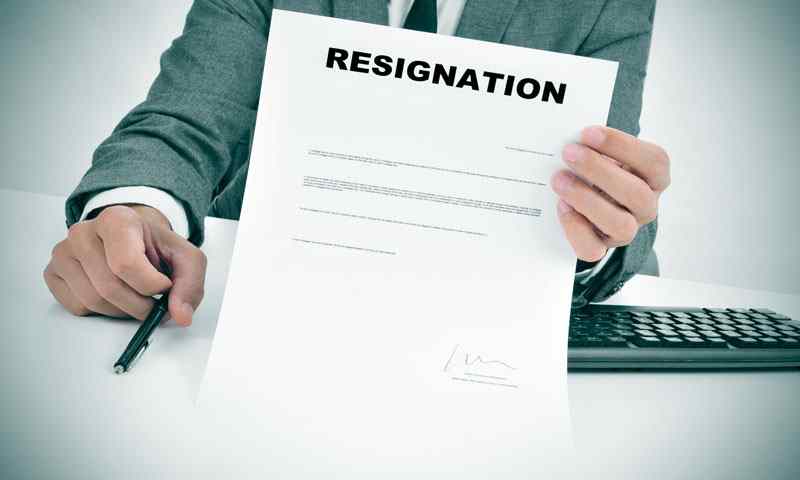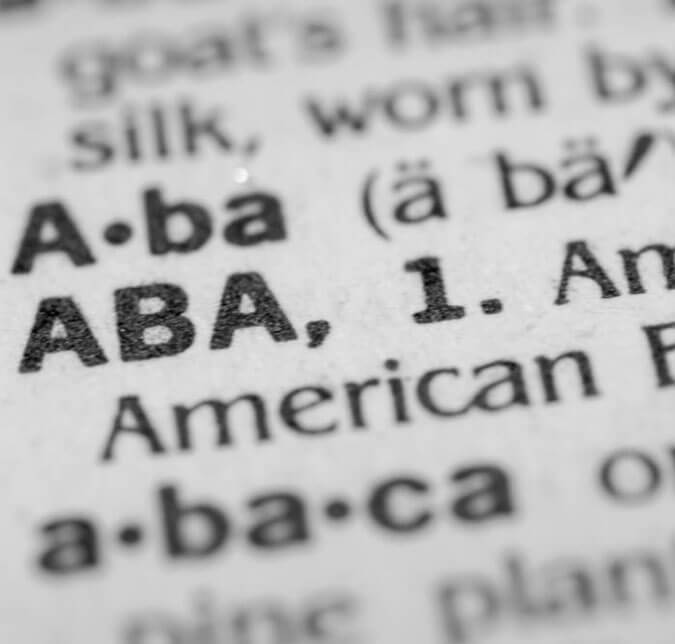
In his explanation of the ruling, Pauley held that co-operating witnesses cannot be held as members of the prosecution unless under specific circumstances where such conclusion can be reached reasonably. However, Pauley held, in general, cooperating witnesses do not serve the law, but they themselves were in the position because they had violated the law. He wrote, “They are not concerned with the escape of guilt or the suffering of innocents … Their cause is their own.”
As far as exceptions were concerned, Pauley mentioned the precedent established by the 2nd U.S. Circuit Court of Appeals that “an informant becomes a government agent … only when the informant has been instructed by the police to get information.”
In the instant case over narcotics and drug racketeering charges, one of the defendants asked for access to Facebook posts made by an accomplish who changed sides and became a cooperating witness. The cooperating witness later set up a Facebook account with the help of friends and made posts about his experience and expectations in prison.
When the government became aware of the Facebook account it demanded access, but Facebook denied on the ground that it was property of the cooperating witness’s friend, and without the consent of his friend, access could not be granted. The defendant, Colon, argued that access to the Facebook posts made by the cooperating witness was vital to his defense, as the cooperating witness, Parsons, was part of the prosecution.
In explaining his denial of the motion Pauley observed, “The Government never instructed Parsons to make the Facebook posts and instead asked Parsons to surrender all the information he had … Because the prosecutors provided Colon with the information that was in their possession, the Government discharged its obligations.”
Pauley also observed citing a 7th U.S. Circuit Court of Appeals opinion issued in 2002 that due process rights under the Fifth Amendment did “not require the government to act as a private investigator and valet for the defendant.”
The case is United States of America v. Joshua Meregildo, U.S. District Court in Manhattan, No. 1:11-cr-00576-WHP.
















































